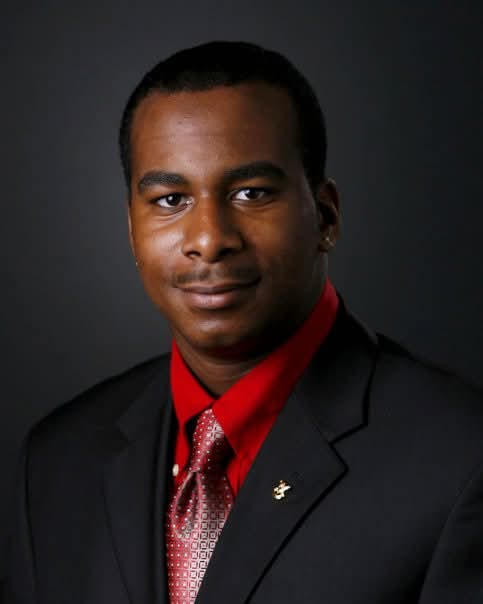The state of “cyberbullying” has made an impact all over the United States as states have made laws to prevent cyberbullying, which has eventually made its way to Nicholls as a student was on the receiving end of ridicule online a couple of weeks ago.
Anonymous users on The Nicholls Worth web site commented on a story about students being able to smoke in their cars on campus and insulted the sexual orientation of government junior Peter Jenkins from Greensboro, NC. The director of Student Publications Nicki Boudreaux saw the comments and had The Nicholls Worth staff take them down.
“The attacks that were made in the comment section on the website had nothing to do with the topic. Instead, it was addressing this students character and discussing his sexuality,” Boudreaux said.
Boudreaux took these attacks seriously because of the recent cracking down on cyberbullying over the past four years by 28 states. According to the National Coalition Against Censorship, schools and legislatures across the country are updating laws and passing new ones to attempt to regulate cyberbullying.
“It’s a pretty gray area because people say it’s their first amendment right to say what they feel, but then you get into a point where what people are saying can be libelous, untrue and have an issue with privacy,” Boudreaux said. “People say things online because they’re able to hide behind a computer.”
Jenkins was not aware of the attacks until a friend of his told him about the comments online, and by that time, the comments were already taken down. When Jenkins found out, he contacted Boudreaux via e-mail and asked for copies of the posts. Even though the comments attacked his sexuality, Jenkins responded in a positive manner.
“People have the right to say what they want, and people started attacking my sexuality, but it doesn’t really affect me anymore because people do that all the time,” Jenkins said.
Jenkins wants to try to find out who made the comments, and even though it’s not likely that he’ll find them, he’s still going to take the documents to a judicial officer.
This isn’t the first occurrence of cyberbullying in the Thibodaux area. Years ago, people were making derogatory statements on The Daily Comet and Houma Courier Web sites. The Times Picayune published all state employees who earned more than $70,000 a year, and The Courier and Comet picked up the story. Just like the students did on the Nicholls Worth Web site, people were making up usernames and leaving insulting comments.
“I thought at that point newspapers were entering a slippery slope,” Boudreaux said. “We believe in first amendment and believe in freedom of speech, but we can’t encourage speech that’s going to end up being an invasion of privacy.”
Last July, the state of Louisiana passed two laws regarding cyberbullying with the first law making cyberbullying against someone under the age of 17 a crime.
Offenders of the new law can be punished for acting with the intent of “coerce, abuse, torment, intimidate, harass, embarrass or cause emotional distress to a person under the age of 17.”
On the first offense, those over the age of 18 can receive up to a $500 fine and receive up to six months in jail. On the third offense, the offender can receive a $5000 fine and receive up to three years in jail.
Cyberbullying has been making its presence known nationwide, as many believe that suicides by students have come directly from cyberbullying. In New Jersey, Rutgers University freshman Tyler Clementi jumped off of the George Washington Bridge after a privately recorded sexual encounter with another male was broadcasted over the Internet.
Missouri made national headlines in 2006 when a 13-year-old girl committed suicide when a 49-year-old neighbor posed as a teenage boy and sent harassing messages over MySpace. Some states allow schools to take action in response to cyberbullying, like New Hampshire, while other states, like Illinois, are requiring all students in third grade and above to attend an Internet safety class at least once a year.













